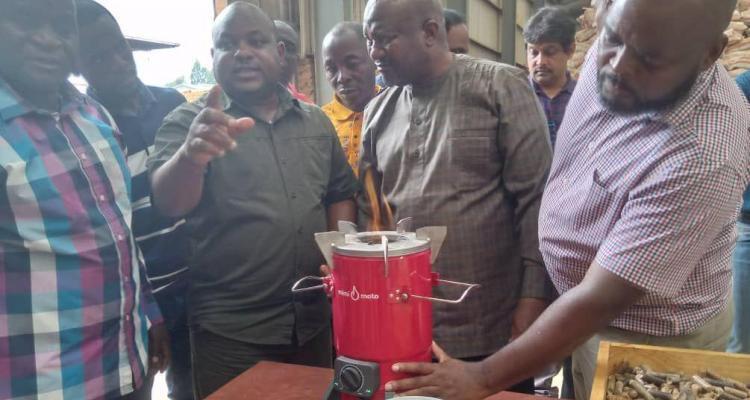
Ministry of Energy has come under fire from the Parliamentary Committee on Government Assurance and Public Sector Reforms for allowing Electricity Supply Corporation of Malawi (Escom) to purchase electricity poles from outside the country instead of procuring them locally.
The condemnation comes in the wake of continued power outages in most parts of the country and the failure by Escom to connect thousands of Malawians who applied for power connection due to inadequate materials such as cables and electricity poles.
Speaking during Parliamentary Committee’s visit to Raiply Malawi Limited pole plant in Mzimba over the weekend, Minister of Energy Ibrahim said continued procurement of poles from neighbouring Zambia and Zimbabwe has been costly and has derailed growth of the energy sector.
Chairperson for the committee Noel Lipipa said it is worrisome that government continues to import electricity poles, when a Malawian company has the capacity to supply the same at a low cost.
“Our energy sector is failing to grow just because we are failing to implement the best buy Malawi strategy, let’s support our own companies like Raiply Malawi Limited which have the capacity to supply poles to Escom at a lower cost,” said Lipipa.
In response, Matola said his ministry will make sure that Escom starts sourcing poles from the company as a way of supporting Malawian companies.
“We can’t continue sourcing poles in either Zambia or Zimbabwe when local companies are able to supply the same at low cost, the Ministry will ensure that poles are procured locally,” Matola said.
Raiply Malawi Limited’s Public Relations Officer, Dalitso Chimwala said his company has the capacity to supply 136 000 poles required by Escom
Former Minister of Trade and Industry, Mark Katsonga Phiri is on record saying Government is supporting both Large, Small and Medium Enterprises to access resources that will enable them to contribute towards the industrialization agenda being championed by Tonse Alliance.
Briefing journalists in Lilongwe before being dropped from cabinet, he said that is a deliberate policy aimed at empowering local Malawians by promoting products made in Malawi through Buy-Malawi Strategy (BMS) and Market linkages program, which will go long way to enhance import substitution and affirmatively promote job creation, protect foreign exchange reserves and revitalize the local industries.
Follow us on Twitter: https://twitter.com/Malawi24














